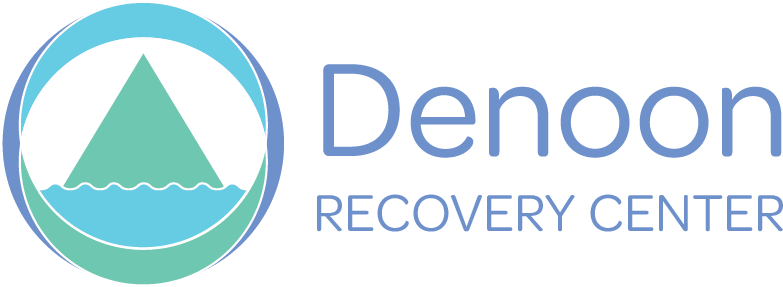Experts continue to learn more about the science of addiction, recovery, and the brain. They have studied the effects of different substances on the physical body and mind and have learned that it is possible to for the brain to repair itself and heal.
Addiction is a lot like other diseases, such as heart disease. Both disrupt the normal, healthy functioning of the underlying organ, have serious harmful consequences, and are preventable and treatable, but if left untreated, can last a lifetime.
The initial decision to begin using alcohol and/or drugs is usually a voluntary choice. Over time, as the brain changes, a person’s ability to control their use becomes the disease of addiction. Brain imaging studies show physical changes in areas of the brain that are critical to judgement, decision making, learning, memory, and behavior control. Vulnerability to these changes differs from person to person.
It begins by the alcohol and/or drug chemicals affecting the brain by tapping into its communication system and interfering with the way neurons normally send, receive, and process information. The amount of neurotransmitters released such as dopamine is changed impacting emotion, motivation, and feelings of pleasure. When activated at normal levels, this system rewards our natural behaviors. Overstimulating the system with substance abuse, however, produces euphoric effects, which strongly reinforce continuing to use—teaching the person to repeat it. Over time, the communication channels and normal functioning of the neurotransmitters are impacted. The good news is that it is possible to reverse the damage to the brain through recovery.
Learning about the science of addiction recovery, yourself and your own triggers can help you develop healthy skills and recover from substance abuse.
Some of the things you’ll learn in recovery that will change your life for the better will be explored in our upcoming series. These topics listed below will help to educate and give you hope toward healing your mind and body from the disease of addiction.
Things you will learn through recovery to heal substance abuse.
- Neuroplasticity
- Powerlessness
- How to avoid triggers
- How to face cravings
- The power of choices
- Breaking old habits
- How to avoid drinking at a social event
- Making sober friendships
- How to have fun without substances
- How to stay inspired
- Support network & why connection with others matters so much
- Patterns of substance use
- Daily routine
For more information about the science behind addiction, read the article ‘Drugs, Brain, and Behavior|The Science of Addiction‘.


